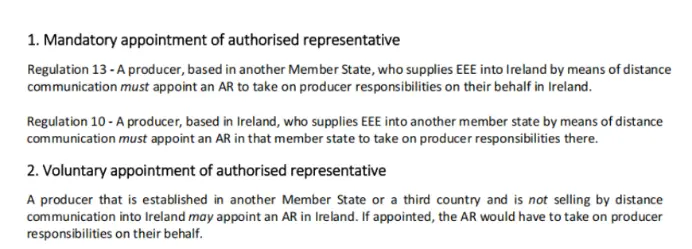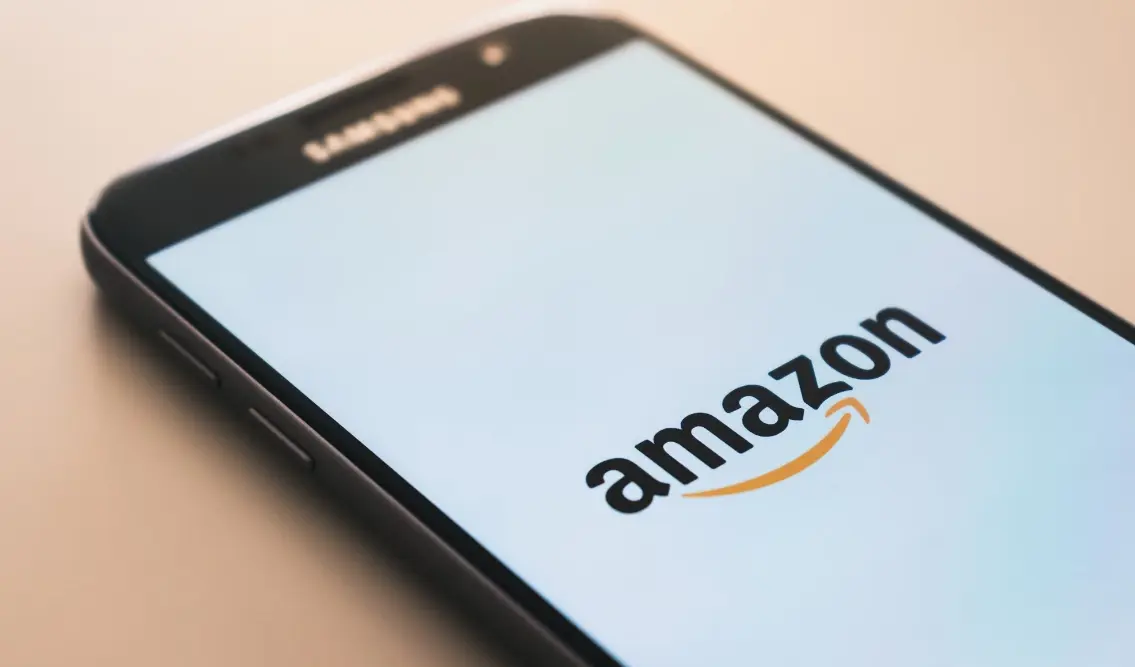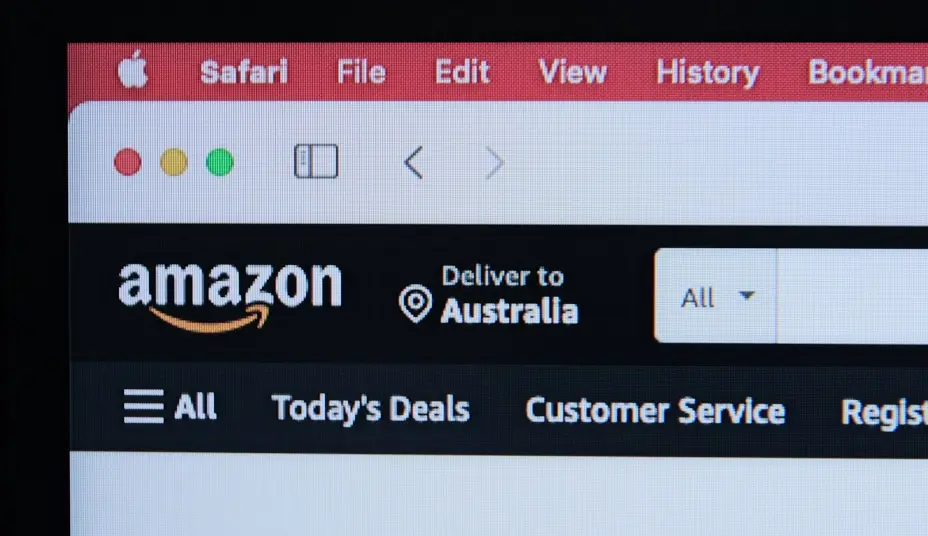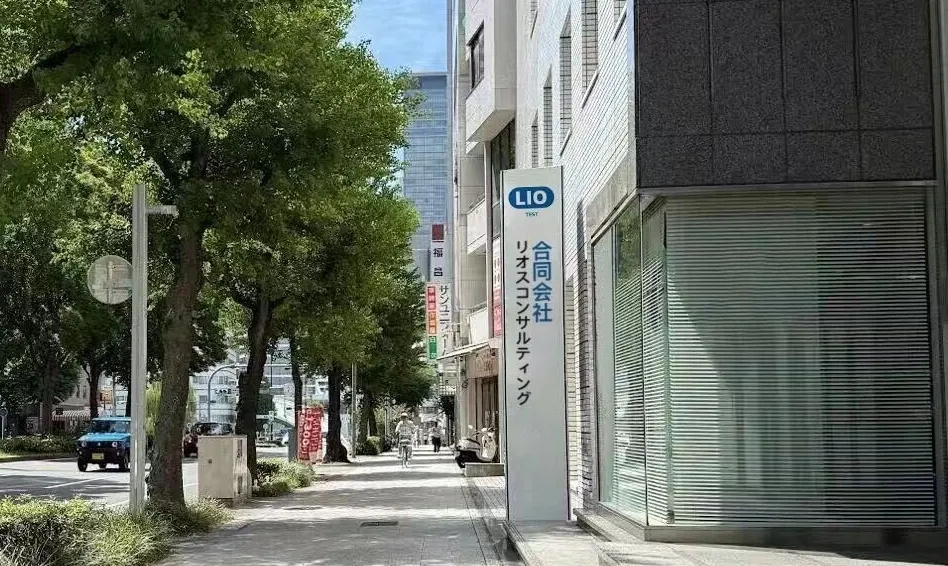
FCC Certification for Communication Power Supplies
Recently, many clients preparing to enter the U.S. market have consULted ROYIS about the compliance of general power supplies, so we are publishing an article to answer these questions. FCC certification for communication power supplies is a practical starting point for manufacturers, especially for products exported to the U.S. market. I have seen many enterprises face situations such as customs seizure of products due to neglecting this certification.
What is a Communication Power Supply?
A communication power supply is a device that provides stable electrical power for telecommunications equipment, typically used in systems such as base stations, switches, and routers. It ensures the reliable operation of equipment in complex environments, which is crucial for modern network infrastructure.
Is fcc compliance RequiRED for Exporting Communication Power Supplies to the U.S.?
Yes, if your communication power supply generates radio frequency energy, it must meet FCC compliance requirements for export to the U.S. This is mandatory. I have personally witnessed non-compliant products being seized by customs, resulting in business disruptions. Therefore, after reading this article, you should prioritize FCC compliance matters.
fcc testing Standards for Communication Power Supplies
fcc part 15 is the main testing standard for communication power supplies, setting electromagnetic compatibility rules for unintentional radiators.
① Radiated Emission Limits: Ensure the device does not interfere with other electronic products.
② Conducted Emission Control: Manage noise propagated through power lines.
③ Immunity Requirements: Test the device's resistance to external interference.
These standards are based on practical applications, and I recommend considering them from the product design stage.
What are the fcc testing Items for Communication Power Supplies?
FCC testing for communication power supplies includes electromagnetic emission and immunity evaluations.
Key Testing Items
① radiated emission test: Measures radio waves generated by the device.
② Conducted Emission Test: Inspects electromagnetic noise on power lines.
③ Electrostatic Discharge (ESD) Test: Simulates daily electrostatic interference.
④ Radio Frequency (RF) Field Immunity Test: Verifies the device's stability in electromagnetic fields.
Passing these items confirms your product complies with FCC regulations, which helps enhance competitiveness.
Is UL certification Required for Exporting Communication Power Supplies to the U.S.?
UL certification is not mandatory, but I recommend combining it with FCC certification if safety risks are involved. UL focuses on electrical safety, while FCC emphasizes electromagnetic compatibility. In the U.S., obtaining both UL and FCC certifications can enhance market trust and avoid potential legal issues.
JJR is an FCC-recognized and authorized laboratory in China, specializing in efficient certification services. Our advantages include:
① Complete qualifications covering the full range of FCC testing.
② Ability to help clients save 50% of testing costs through optimized processes and local resources.
FCC Testing Process for Communication Power Supplies
① Send product specifications and compliance requirements to hello@jjrlab.com.
② We will issue a corresponding compliance and testing plan based on the provided product specifications and images.
③ Once the client approves the plan, we will provide qualification certificates for review.
④ After confirming cooperation, we will issue a commercial invoice to the client.
⑤ The client makes payment and arranges to send samples to JJR Laboratory.
⑥ After testing is completed, an electronic report is issued to the client for confirmation.
⑦ Upon confirmation, an official report is issued.
In summary, mastering FCC certification for communication power supplies can facilitate your product exports. If you have any questions, please feel free to contact us at JJR Testing Laboratory—we are ready to provide support at any time.
Email:hello@jjrlab.com
Write your message here and send it to us
 LFGB Test Requirements for Food Contact Materials
LFGB Test Requirements for Food Contact Materials
 Irish Battery Act Requires an Authorised Represent
Irish Battery Act Requires an Authorised Represent
 Swedish Battery Act Requires an Authorised Represe
Swedish Battery Act Requires an Authorised Represe
 Amazon TIC Provider
Amazon TIC Provider
 Amazon Battery and Charger Requirements
Amazon Battery and Charger Requirements
 Amazon Japan METI A Domestic Administrator Service
Amazon Japan METI A Domestic Administrator Service
 What is "Amazon Japan PSE: A Domestic Adminis
What is "Amazon Japan PSE: A Domestic Adminis
 What Does "ASTM F963-17 Certified" Mean?
What Does "ASTM F963-17 Certified" Mean?
Leave us a message
24-hour online customer service at any time to respond, so that you worry!




